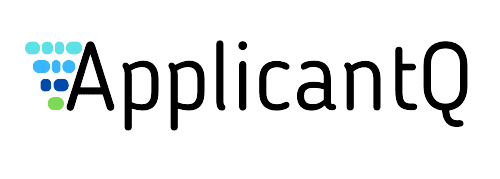Leveraging AI for Fair Hiring Practices
In today's rapidly evolving job market, the quest for talent has never been more competitive. Employers seek the best candidates to drive their organizations forward, and applicants strive to stand out amidst a sea of resumes. However, amidst this pursuit of excellence, there's an equally pressing need for fairness and equality in the hiring process.
Non-biased applicant screening is the cornerstone of ethical hiring practices. It ensures that candidates are evaluated solely on their qualifications, skills, and experiences, rather than on factors such as gender, ethnicity, or socioeconomic background. By prioritizing meritocracy, organizations not only foster diversity and inclusion but also unlock the full potential of their workforce.
One powerful tool that has emerged to aid in non-biased applicant screening is AI applicant scoring. Artificial intelligence algorithms can analyze resumes and job applications objectively, focusing solely on the match between candidates' skills, experiences, and educational backgrounds with the requirements of the role. This impartial evaluation helps mitigate the unconscious biases that can inadvertently influence human decision-making.
AI applicant scoring offers several key benefits:
1. Objective Evaluation: AI evaluates candidates based on predefined criteria, eliminating subjective judgments that may introduce bias into the screening process. This ensures that every applicant is given a fair chance based solely on their qualifications.2. Efficiency and Consistency: AI can process a large volume of applications quickly and consistently, ensuring that each candidate receives the same level of scrutiny. This efficiency not only saves time but also reduces the likelihood of oversight or human error.3. Diverse Talent Pool: By removing biases from the screening process, AI helps organizations tap into a more diverse talent pool. This inclusivity fosters innovation, creativity, and different perspectives, driving organizational success.4. Legal Compliance: Non-biased applicant screening is not just a moral imperative but also a legal requirement in many jurisdictions. AI applicant scoring helps organizations adhere to anti-discrimination laws and regulations, minimizing the risk of legal repercussions.
However, it's essential to recognize that AI is not infallible and can inherit biases from the data it's trained on. Therefore, continuous monitoring and refinement of AI algorithms are crucial to ensure fair and equitable outcomes.
In conclusion, non-biased applicant screening, powered by AI applicant scoring, is essential for promoting fairness, diversity, and inclusion in the hiring process. By leveraging technology to evaluate candidates based solely on their qualifications, organizations can build stronger, more resilient teams capable of driving success in the ever-evolving business landscape.
